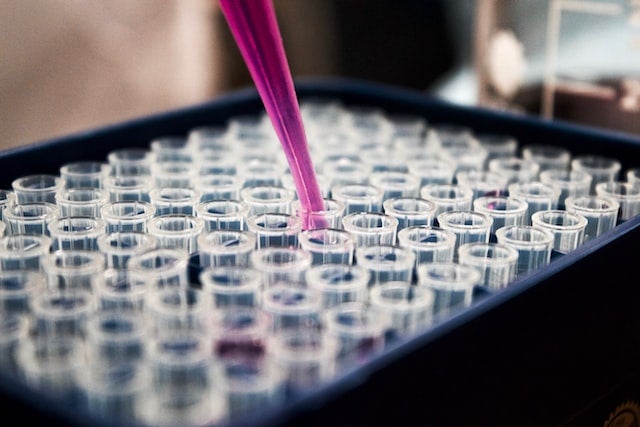
Thermo Fisher Scientific has received the US Food and Drug Administration (FDA) Emergency Use Authorisation (EUA) for its latest Monkeypox test kit.
The Applied Biosystems TaqPath Monkeypox/Orthopox Virus DNA Kit is a polymerase chain reaction (PCR) test that detects non-variola Orthopoxviruses.
It is designed to qualitatively detect DNA from the monkeypox virus and screen for non-variola Orthopoxviruses, including the monkeypox virus.
The test uses human lesion swab specimens from people suspected of monkeypox infection by their healthcare provider and delivers results within three-and-a-half hours.
The Virus DNA Kit can also be used for identifying other non-variola Orthopoxvirus DNA.
Thermo Fisher Scientific genetic testing solutions senior medical director Manoj Gandhi said: “Ensuring that all U.S. laboratories have access to monkeypox PCR testing is a critical part of the response to this public health emergency.
“This helps expedite the availability of results so that patients can receive the appropriate treatment quickly.
“Authorised testing also enables public health agencies to stay one step ahead of the virus by monitoring viral spread and addressing affected populations accordingly.”
The positive results from the test indicate the presence of DNA from the monkeypox virus or other non-variola Orthopoxvirus.
Clinicians are required to correlate the PCR results with patient history and other diagnostic information to determine the state of infection.
In early 2020, Thermo Fisher developed and distributed TaqPath Covid-19 Combo Kit, which is authorised for emergency use in the US to identify active SARS-CoV-2 infections.
Its TaqPath Monkeypox/Orthopox Virus DNA Kit is created using the same technology, said Thermo Fisher.
Earlier this month, Thermo Fisher received the US FDA De Novo Classification for its SeCore CDx HLA Sequencing System as a companion diagnostic (CDx) to Immunocore’s Kimmtrak (tebentafusp-tebn) for uveal melanoma.
The company has also rolled out its TrueMark Infectious Disease Research Panels for the detection and categorisation of different investigating microorganisms.
The panels are said to detect 90 different disease pathogens that cause respiratory, urinary, vaginal, gastrointestinal, and sexually transmitted diseases.



